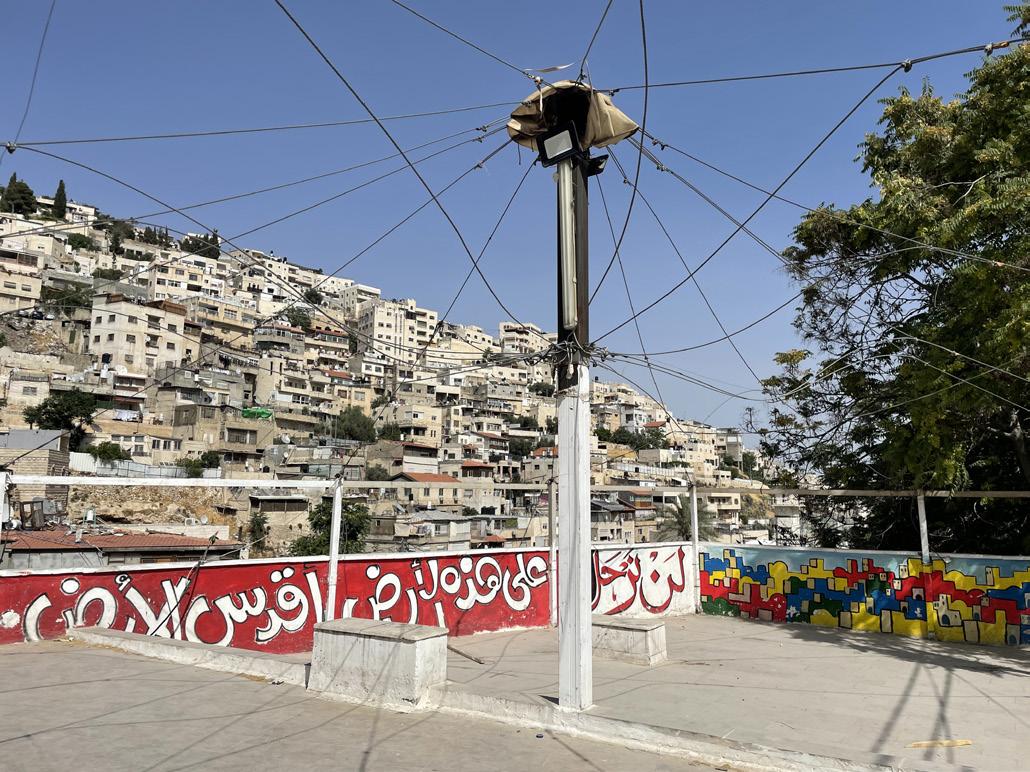
2 minute read
MASTER OF RELIGION AND PUBLIC LIFE
Reflections on the Second Year
In May, HDS matriculated and graduated its second cohort of Master of Religion and Public Life (MRPL) students. These experienced professionals included two prominent corporate executives, a U.S. Navy chaplain, an award-winning journalist, and an expert in social media. Coming from diverse backgrounds, they each engaged in deep explorations of the power and complexity of religion within their sphere of expertise, developing projects to probe the generative possibilities for applying principles of religious literacy to advance just peace.
Advertisement

Graduates from the first year also continue to inspire us as they amplify their experience into the wider world through fields such as public health, education, the performing arts, and public media.

Reflecting on the program’s progress, Associate Dean for Religion and Public Life Diane L. Moore noted, “The MRPL experience has once again proven to be powerful and generative for all involved—students, faculty, the Harvard community, and the wider vocational spheres to which our graduates return.”
MRPL Students’ Final Projects
Austin Bogues, news media journalist
Armageddon & Apokatastasis: Heaven, Hell, and the Religious Backstories of American Polarization
Barbara Dugan, retired marketing executive
Marketing and the Moral Imagination: An Aspirational Approach to Centering Sustainability for a More Just World
Chris Johnson, retired corporate executive
A Preferential Option for the Poor: Can Liberation Theology Inspire Multinational Food Companies to Do Good Business?
Jenn Louie, tech policy, tech governance and risk operations systems expert Moral Innovation
Kevin Kitrell Ross, Unity Minister Camp Courage Academy: A Social Change Curriculum for Credentialed Unity Leaders
Saura Sahu, lawyer
American Hymn: American Manifesto
Zachary Zumwalt, U.S. Navy Chaplain
Peacebuilding and the U.S. Navy Chaplain Corps: How Religious Literacy Is Critical to Conflict Prevention in the Indo-Pacific

AUSTIN BOGUES, MRPL ’23, USA Today Journalist, Harvard Extension School Instructor


As a journalist, I constantly see how partisanship has come to dominate American culture. I pursued the MRPL degree because I wanted to get a better understanding of the religious influences of polarization in America. My time as a student has led me to be more critical of the underlying structures that shape the day-to-day news cycle and more inquisitive about the nuances that are present in society. In addition, I’ve become an even more voracious reader, and I’ve gained a good deal of fluency with academic concepts.
The MRPL program has introduced me to leading scholars and thought leaders. I’ve been exposed to new ways of thinking every single day. The student body is diverse and talented and caring. This is the most nurturing environment I’ve encountered as an adult. The relationships and rich traditions at HDS are irreplaceable.



JENN LOUIE, MRPL ’23, Founder of MoralInnovation.com and SpiritualCareProject.com

My time as an HDS student has been mind- and heart-altering. I pursued the MRPL degree because it was a massive departure from my career in tech and offered me a distinctly new perspective and praxis by which to explore the moral conflicts facing society that manifest in online tech, especially in social media. I wanted to learn about moral formation and what has shaped moral conflicts, social justice movements, and peacebuilding.
This program has unsettled normative assumptions and opened new pathways for how I aspire to innovate in the future. My time here has given me the generative space to trace the material and moralizing dimensions of online technologies. Learning about coloniality, about the ways universalizing assumptions are a form of cultural and structural violence, and how theoretical framings of race and religion have shaped our moral ontologies has been huge for me. The program has strengthened my motivation to address systemic social inequity that gets replicated in tech solutions. I am pursuing this effort by developing the Moral Innovation Lab, which elucidates the moral systems embedded in tech and asks how we can innovate consciously toward better moral futures.










